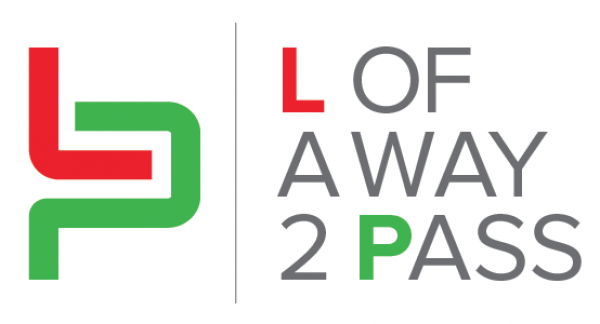When do you want to pass your driving test?
I’d like to ask you two questions: When do you want to pass your driving test and why do you want to pass your test? Although seemingly simple, these two questions can reveal so much about your motivation for learning to drive. Let’s look at two different responses:
Learner One: ‘I don’t care how long it takes, I just want to make sure I feel safe, confident and competent because I’ll have my daughter in the car’.
Learner Two: ‘How much do you charge and how quickly can I take my test because I was to pass before all my mates’.
So, which type of learner are you?
As a driving instructor I’ve encountered these two vastly different pupils many times (more often than not the second one!). I have a similar conversation with each of them. ‘It’s not just about passing the driving test, it’s about safe driving for life etc’. This is what the first pupil wants but doesn’t need to hear because she is already focusing on being safe, and what the second pupil needs but doesn’t want to hear! (A bit like Nanny McPhee!) Their individual ‘when’ and ‘why’ are very different, and I would tailor the conversation very differently whilst still conveying the same information.

Your expectations!
When I ask a new pupil these questions, it helps me to establish their expectations, their motivation, whether they have a negative or positive attitude, whether they feel confident in their ability, how competent they feel. If they want to pass by a week on Wednesday and they’ve never sat behind the wheel before, I’m going to have to tactfully manage their expectations! However if they think that they won’t pass for ages, and that their friends will take the mickey out of them if they don’t pass, then I make sure I build their confidence and eliminate the negative peer pressure that they feel.
Towards and Away motivation
You can break motivation down into the ‘Motive’ for ‘Action’ and you could be ‘towards’ or ‘away’ motivated towards lessons and your test. Knowing this about my pupil can prove very significant during their lessons. If a pupil has a towards motivated goal and says; ‘I’d like to pass so when I start back to college, I’ll be able to drive rather than take the bus’, this type of motivation is good, because it is positive, and keeps the pupil focused on their goal in a pleasurable way. They can picture themselves passing, and feel excited about it. No effort is too much trouble and they enjoy working towards it. Ultimately for me as an instructor this is a much more positive teaching environment and more enjoyable for both myself and my pupil.
If, on the other hand the pupil has an away motivated goal to pass, saying ‘I need to pass my driving test otherwise I will lose my job because my employer wants me to do deliveries’, the pupil thinks about losing their job every time they have a lesson. This type of motivation may be detrimental because it’s so negative. Rather than being motivated towards an exciting goal, my pupil is focusing on losing their job if they don’t pass their test. This puts the pupil under immense pressure to perform, and of course, this leads to added stress.
Are you focusing on the negative?
Focusing on the negative is very demoralizing for pupils. If I have a pupil in this situation, they will not help themselves by focusing on this negative goal. By continually thinking of the consequences if they fail, this ‘Anticipatory Anxiety’ can actually cause them to fail. So often a pupil comes back off test saying something along the lines of ‘I knew I was going to fail at that roundabout’? It’s imperative that the pupil eliminates the negative emotion attached to learning to drive and replaces with positive. We know that the brain builds memory and once a though is created, the more times the brain has this thought, the greater and more realistic the memory. For every negative thought, a strong neural pathway is built, and the same for positive. If I can encourage a positive goal for my pupil, the learning process will become a much more enjoyable experience for all concerned.
Additional resources
The Driving Test Nerves online course, and associated eBook, is a great resource. It covers negative self-talk, Anticipatory Anxiety, along with great techniques to eliminate negative emotions & increase confidence. More information can be found here
This article is taken from the L of a way 2 Pass eBook, available here
You can find some amazing tips here on how to pass your driving test
